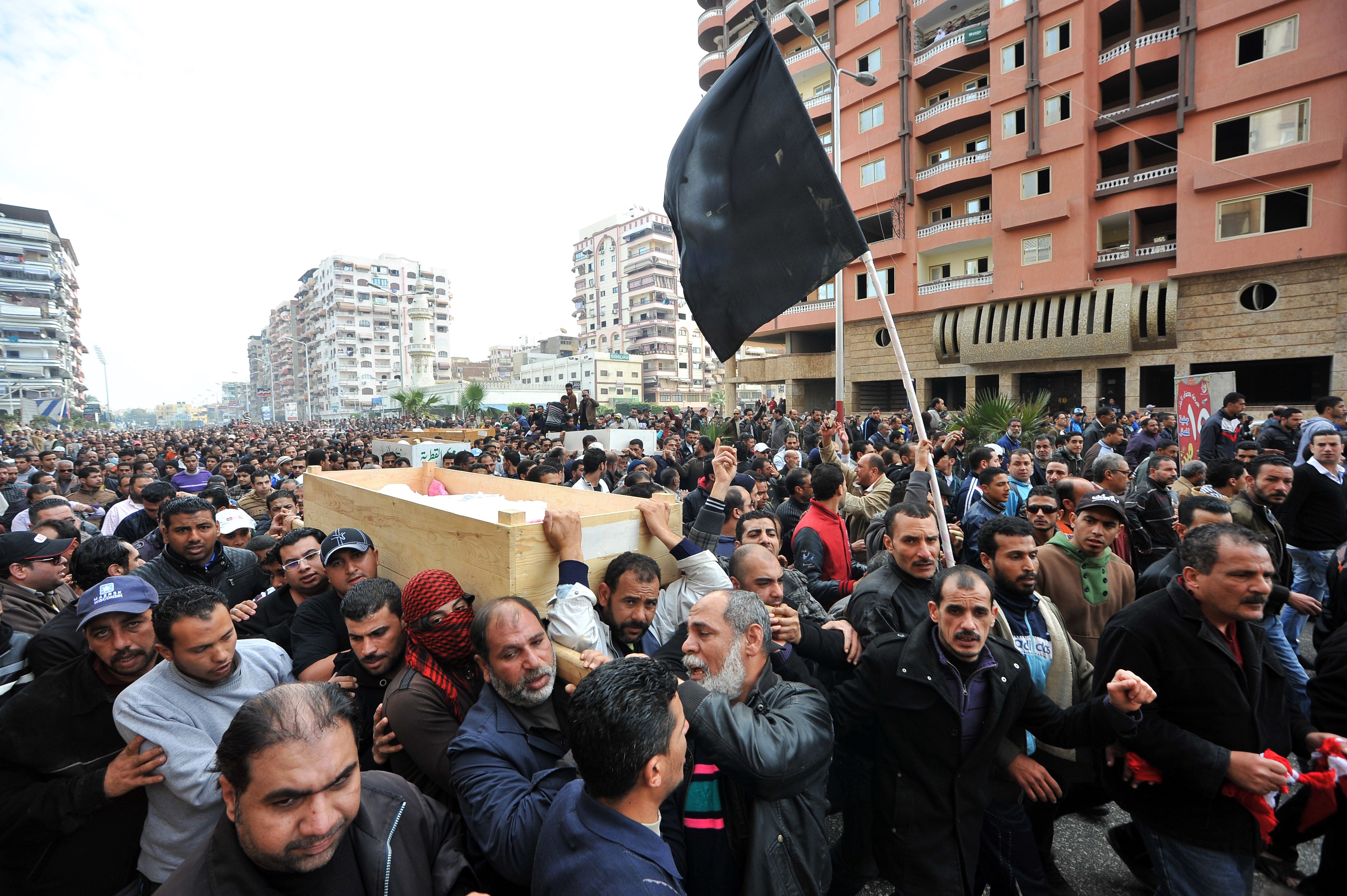The Sudanese Sovereign Council announced Saturday it would not participate in next Thursday’s Inter-governmental Authority on Development (IGAD) summit in Uganda, dedicated to regional crises in Sudan, Somalia, and Ethiopia. The Council stated that “a summit for Sudan is unnecessary before implementing the outcomes of the previous one,” held in Djibouti in December 2023.
However, Sudan’s decision to snub the invitation throws a wrench into these aspirations, exposing simmering internal divisions and raising doubt about IGAD’s ability to broker progress.
At the heart of Khartoum’s objection lies a sense of unfulfilled promises from the previous IGAD summit held in Djibouti in December 2023.
The summit, convened in the midst of the ongoing Sudanese conflict between the army and the Rapid Support Forces (RSF), had set out a crucial step: a post-summit meeting between the Sovereign Council’s Chairman, Abdel Fattah Al-Burhan, and RSF leader, Mohamed Hamdan Daglo (“Hemedti”).
This face-to-face dialogue was deemed essential for de-escalating tensions and charting a path towards peace.
However, the meeting never materialized. Khartoum argues that IGAD failed to adequately push for its realization, instead accepting Hemedti’s “technical reasons” for non-attendance while he conveniently embarked on regional trips. This perceived lack of accountability and commitment from the regional body eroded Khartoum’s trust, ultimately leading to their refusal to participate in the upcoming summit.
The Sudanese government’s stance also reflects a desire to assert its sovereignty and prioritize internal solutions. The statement accompanying their decision reiterated that “what is happening in Sudan is an internal matter,” stressing their preference for Sudanese-led initiatives while acknowledging the importance of regional engagement.
This nuanced position hints at Khartoum’s frustration with what they perceive as IGAD’s overstepping or inadequate pressure on other stakeholders.
Meanwhile, Hemedti’s contrasting acceptance of the invitation adds another layer of complexity to the situation. His willingness to engage with IGAD despite Khartoum’s boycott underscores the internal divisions within Sudan’s power structure.
The implications of Sudan’s snub extend beyond internal fissures. It casts a shadow over IGAD’s effectiveness in mediating regional conflicts. The body has long been lauded for its efforts in promoting peace and development in East Africa, but its inability to secure Sudanese participation in this crucial summit raises questions about its leverage and influence. This could have broader repercussions for IGAD’s ability to address future crises in the region.


